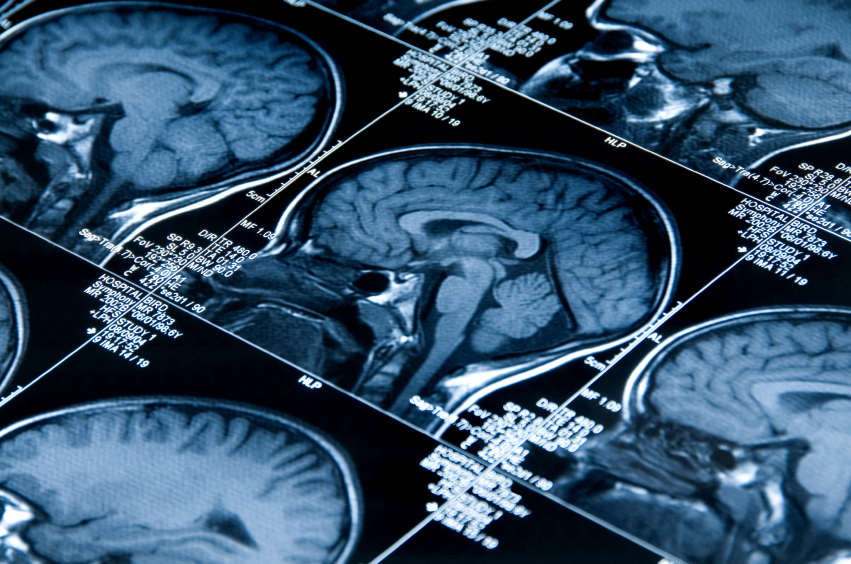
NIH Awards Center for BrainHealth's Dr. Francesca Filbey $2.5M to Investigate Cannabis Use Disorders
Center for BrainHealth
Share this article

Francesca Filbey, PhD
Bert Moore Endowed Chair and Professor, School of Behavioral and Brain Sciences Director, Neuroimaging of Reward Dynamics (NiRD) Lab
Related Information

Combined Effects of Marijuana and Nicotine on Memory Performance and Hippocampal Volume
This study found participants who used marijuana both individually and combined with tobacco had smaller hippocampal volumes compared to both tobacco users and nonusers.